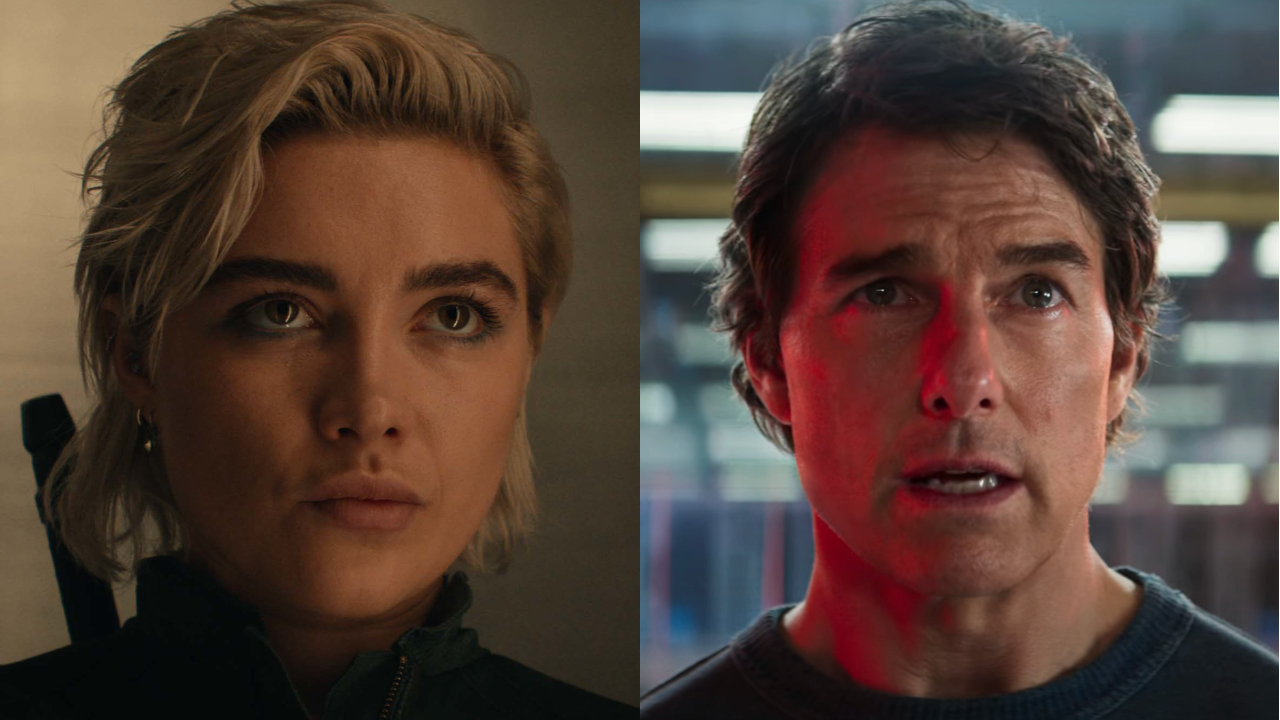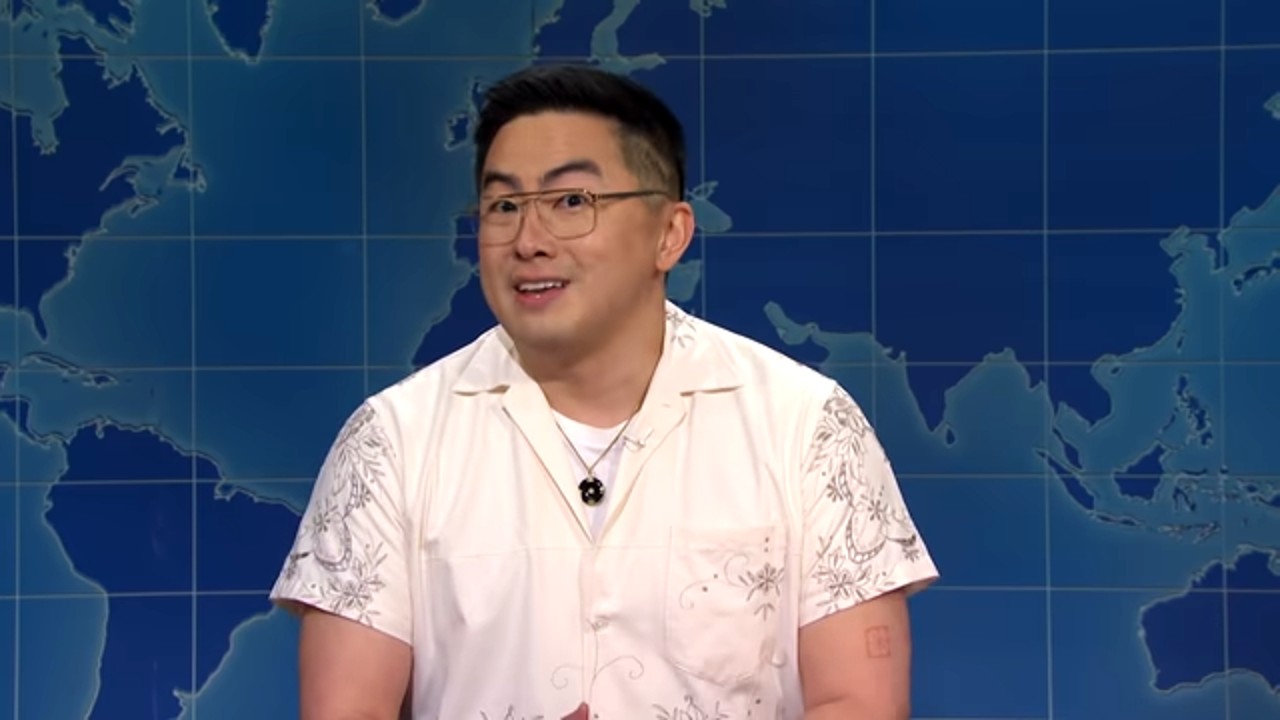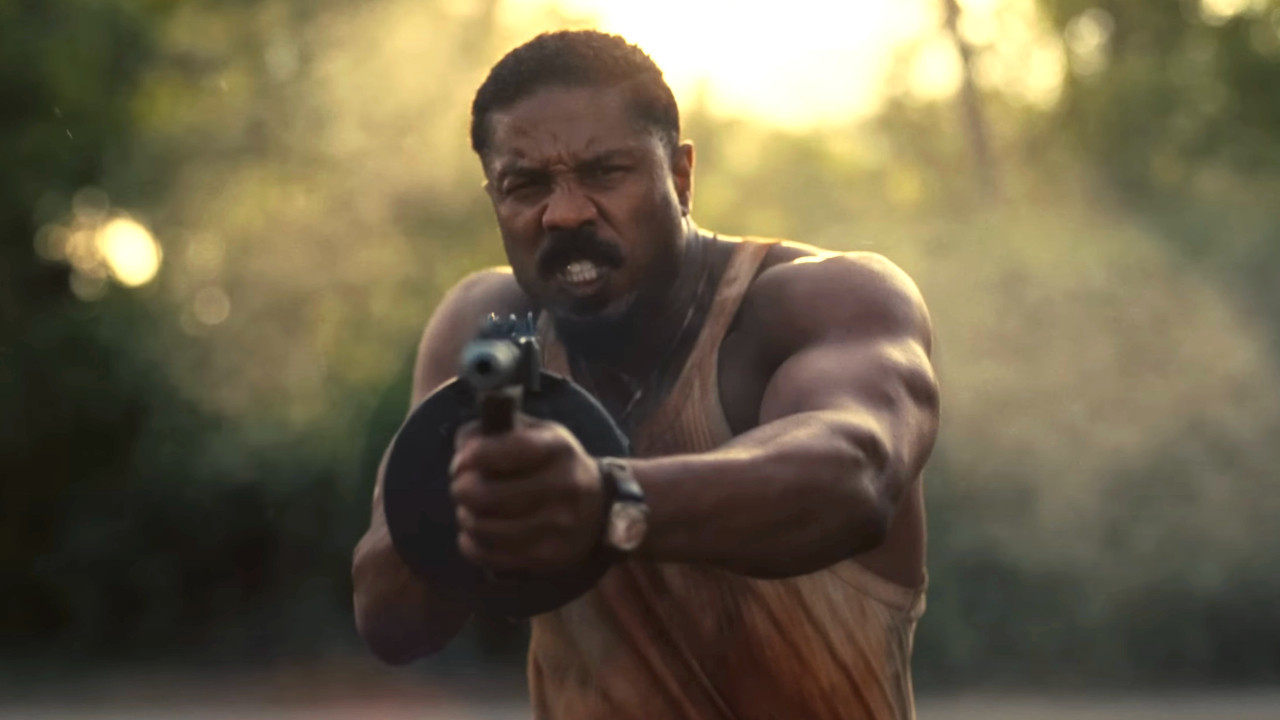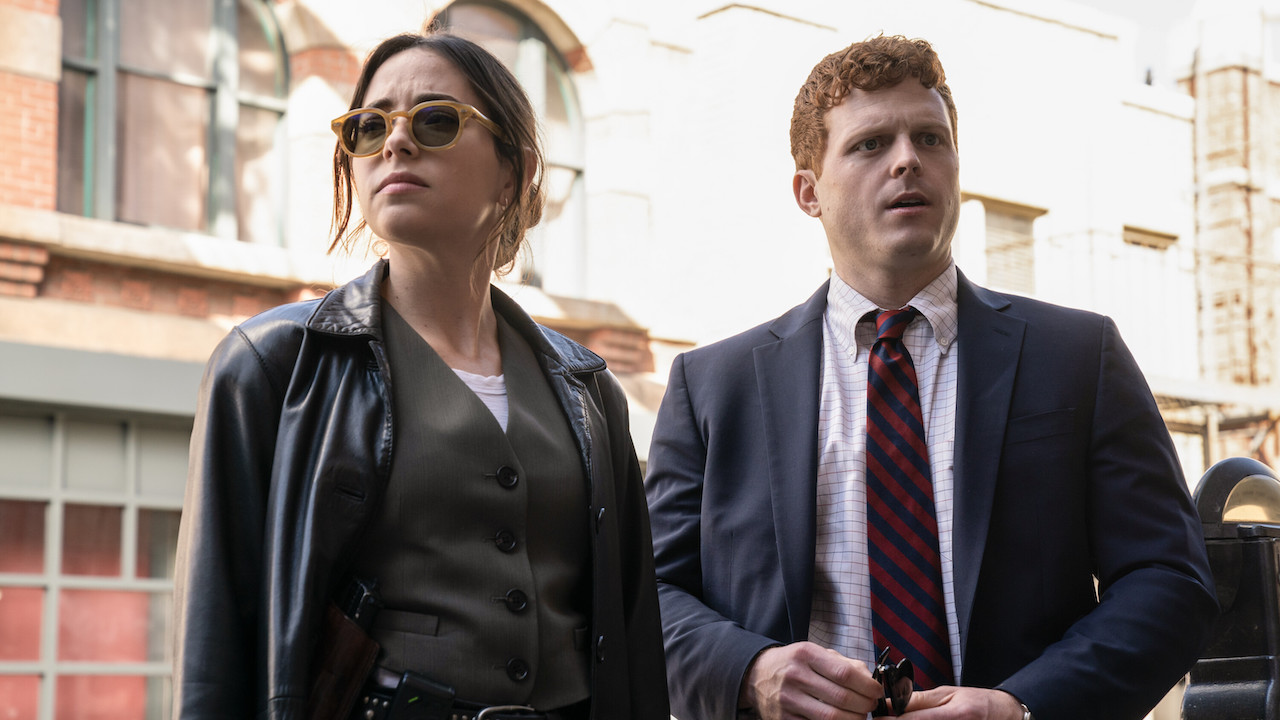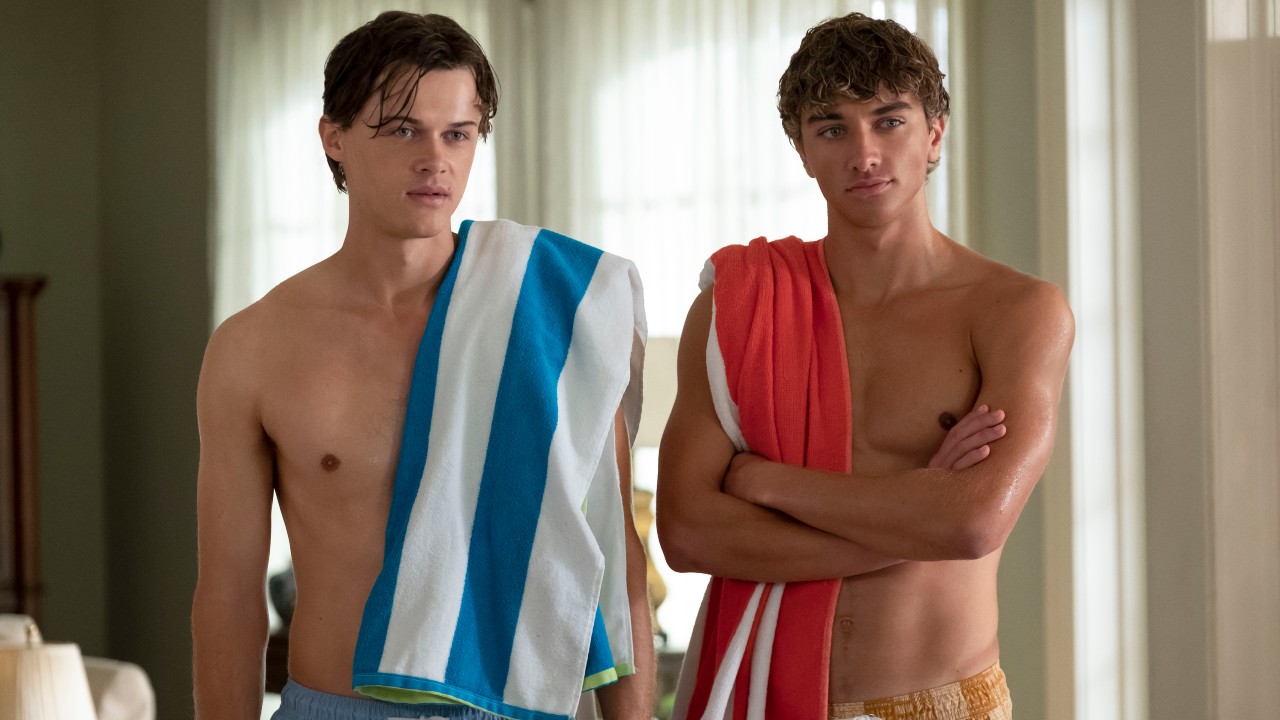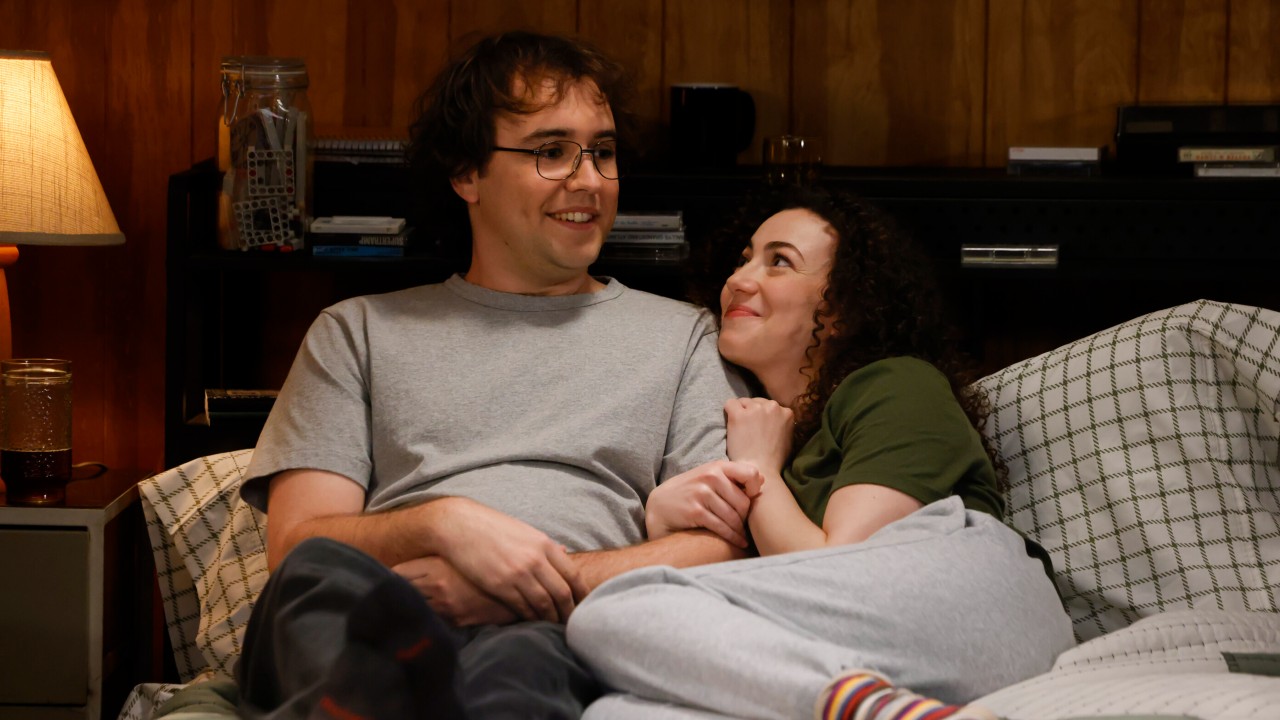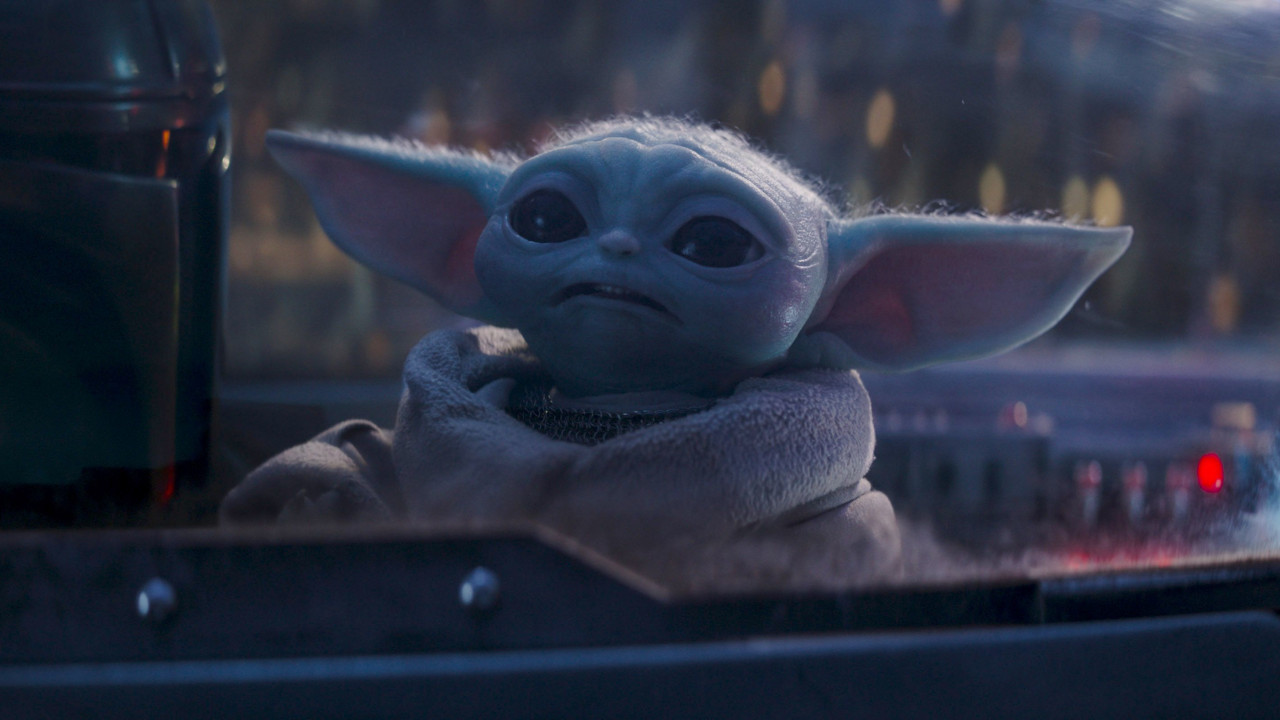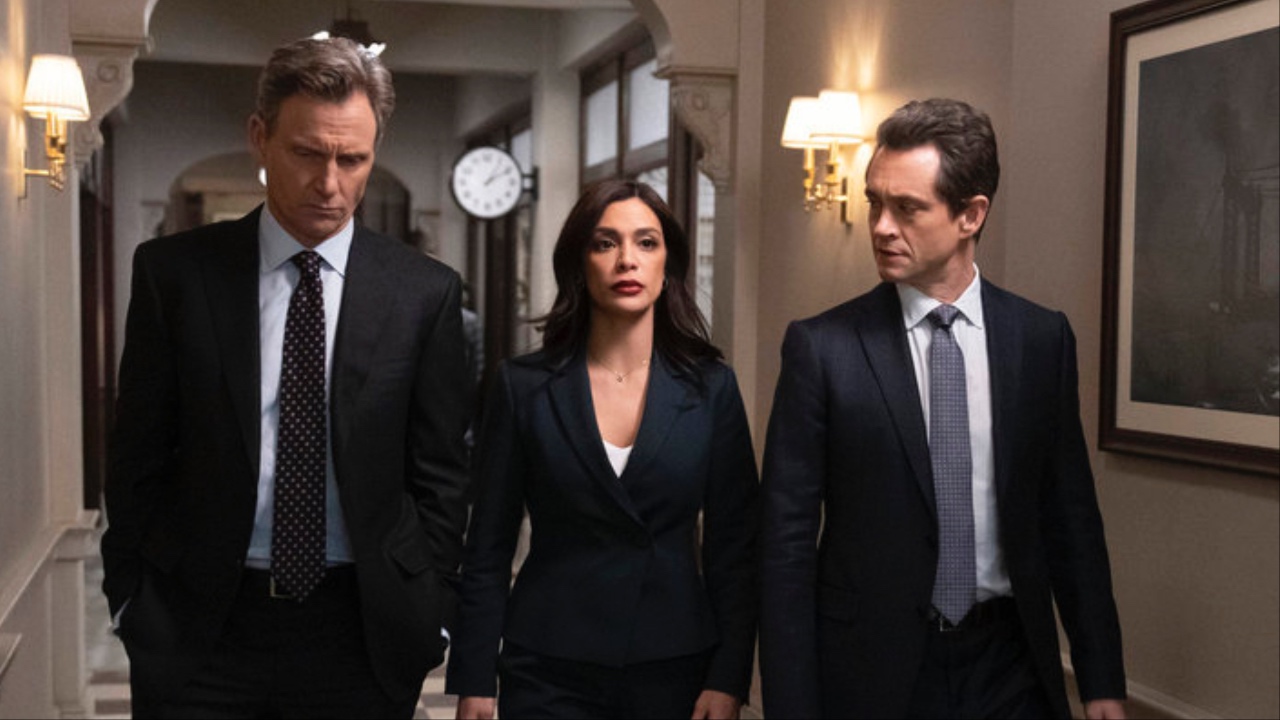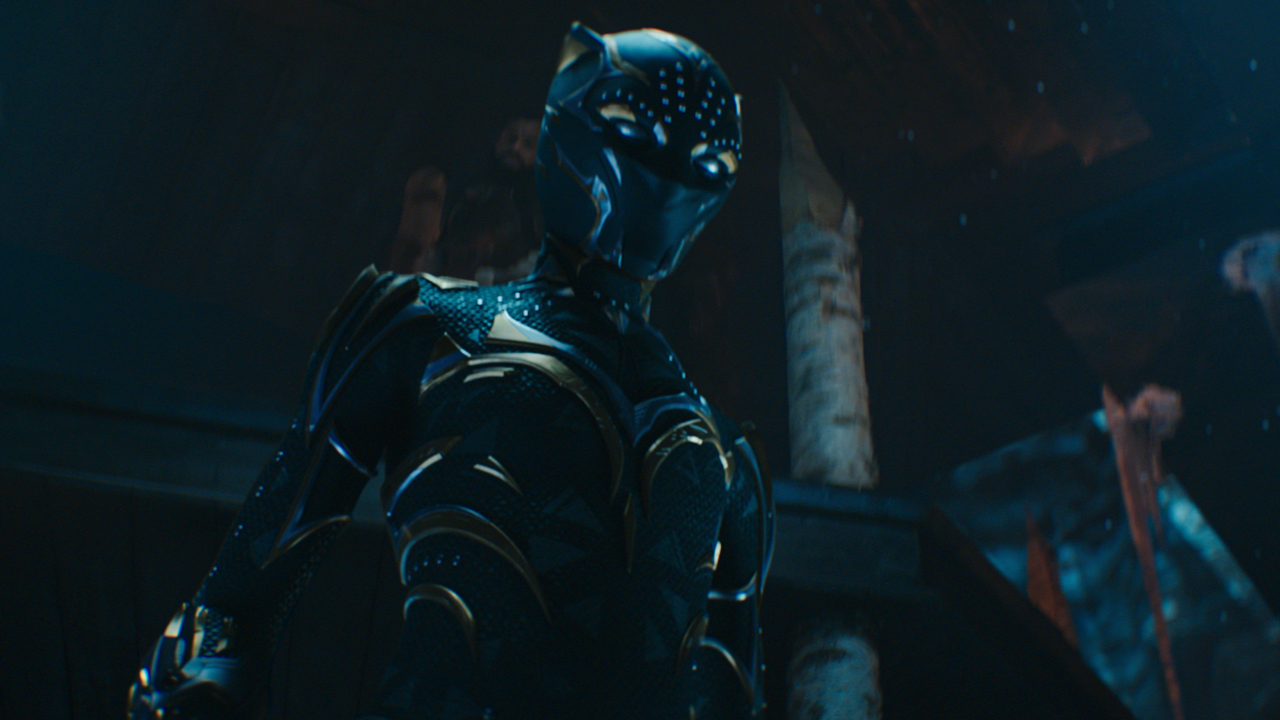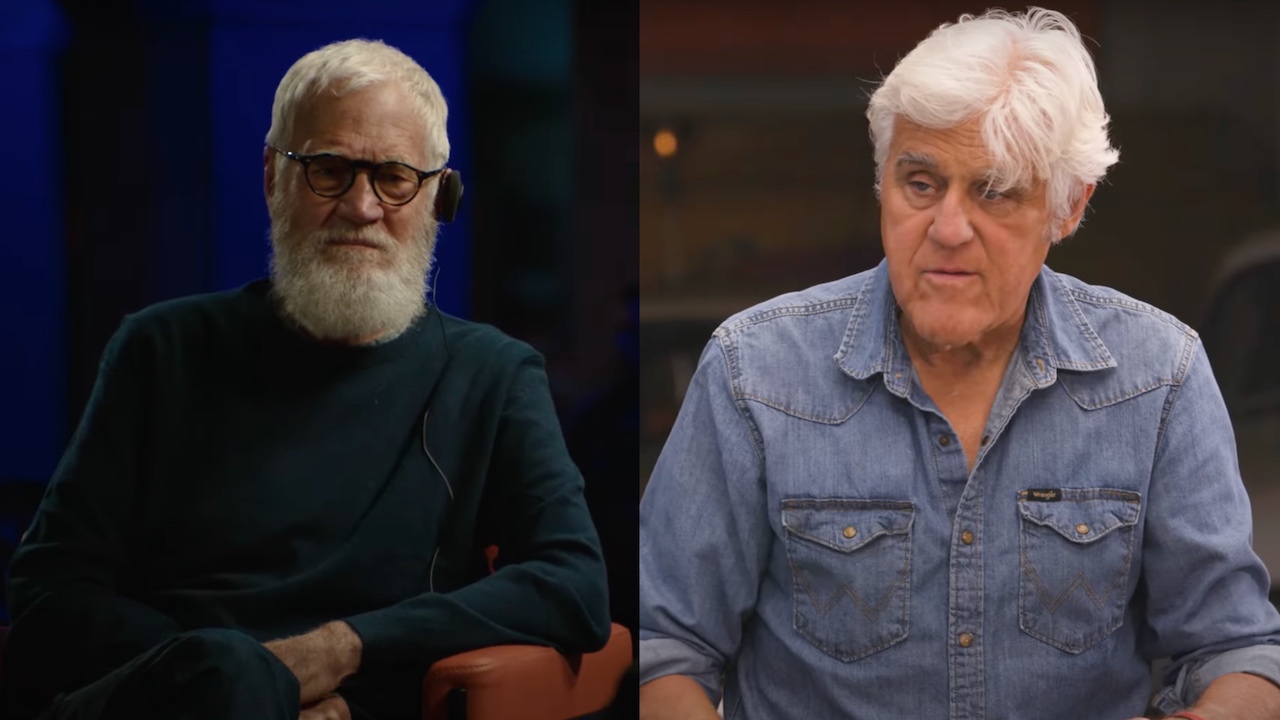Beyond: Two Souls Began A New Era In Video Game Storytelling
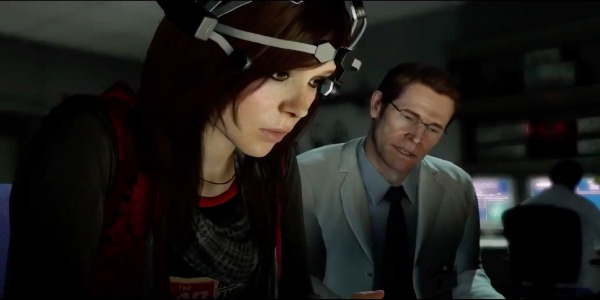
Beyond: Two Souls came into an era of gaming that was obsessed with first-person shooters like Halo and Call Of Duty and completely changed how we view and interact with stories in a game. While its spiritual predecessor, Heavy Rain, touched on some of the same elements, its gameplay didn’t have quite the same impact as Beyond: Two Souls’ did. And since Beyond’s release, a new trend in video game storytelling has taken hold and rippled into games of today.
Beyond: Two Souls was released in 2013 and starred real-life actors Ellen Page and Willem DeFoe. It told the story of a girl, named Jodie Holmes, gifted with psychic powers who had the ability to communicate with an entity that had attached itself to her. The entity could move objects and make things happen, usually to protect Jodie in times of trouble. The game follows Jodie and her experiences with her entity throughout her childhood, teenage years and finally, adulthood. You can watch the story trailer below.
What stood out about the experience in Beyond: Two Souls was the direct interaction with the story in the gameplay. Gameplay outcomes are based entirely on the decisions you make as you play Jodie’s character. When I sat down to play Beyond: Two Souls, I couldn’t stop because I was so wrapped up in the decisions I was making and how the story was unraveling. Never had I played a game before where the story connected with me so strongly.
As I played through Beyond: Two Souls, I watched Jodie grow up with this entity; I watched her character change and mature, and somehow the story meant more to me than any other video game narrative ever have. And then I started to think, what made this narrative so special?
Watching a story reveal itself in a game without any sort of control over which direction the story took was the way games generally worked. Like in the early title, The Darkness, when his girlfriend was shot by his arch enemy and the game’s main antagonist, there was absolutely nothing the player could do to stop him. No hope for her survival. But in Beyond: Two Souls, as the player you have the chance to make a difference in a story, to interact and change the outcome. And at the time, that was something mainstream games hadn’t explored thoroughly.
When it comes to me, I am absolutely obsessed with the stories being told in games, very much how a sound designer will play a game and only pay attention to the sound effects and the sound mixing. I’ve only had two games make me cry at the end because of the story: Journey and Beyond: Two Souls. I was so deeply affected by the outcome I had chosen and the secret answer to why the entity had attached itself to Jodie, my experience journeying through the game and watching Jodie grow. It was all just too much and I thought I’d never play another game like it. That was until recently.
It seems the narrative style of Beyond: Two Souls has caught on in the video game world. Games like Life Is Strange and Until Dawn have modeled narrative gameplay after the same decision-based concept. While Until Dawn satisfied the horror buff in me, Life Is Strange introduced me into the world of today’s teenager, right down to the strange and made-up lingo in the presence of a mystical time-based superpower. I’m not sure if it was because I had more power over the story and I was always questioning every decision I made, or if the characters were more relatable because I was there experiencing the game with them, but I felt like the story meant more to me on a personal level, like I actually cared what happened to them. In Until Dawn, which is based loosely on every slasher movie ever made, my decisions helped me choose who I wanted to kill off, but sometimes the decisions I made weren’t met with the outcome I wanted. It was all in the beauty of the little but precious control I had over the story.
CINEMABLEND NEWSLETTER
Your Daily Blend of Entertainment News
Beyond: Two Souls’ narrative concept has completely changed how developers can tell a story within a game. And I feel it has totally changed how we, the players, interact with a game and become a part of its story. Rather than feeling like I’m on the outside looking in, I feel like I’m right there in the game. And I can honestly say I can’t wait to see what game comes out next that follows the decision-based style of gameplay.
